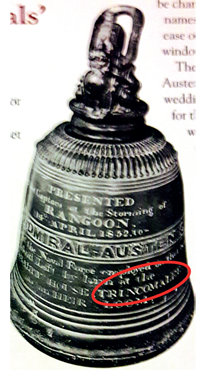Letters to the Editor
View(s):The importance of becoming a tri-lingual nation
In the recent past, there has been a lot of correspondence in the print media, regarding the medium of instruction in schools. Some scholars have advocated the introduction of English, very early during the formative years of children; the advantages of which would be better prospects for employment, both locally and abroad. Others have stressed the importance of preserving the mother tongue mainly for cultural reasons.
I agree with both points of view. I think we should learn a lesson from our neighbour, India. With a population of 1.36 billion people (2019), having 19,500 different dialects, 121 of which are spoken as the mother tongue and 121 languages being spoken, their national policy since they gained independence in 1947, has been for every child to know three languages; mother tongue (Tamil, Urdu, Bengali, Telugu etc.), national language (Hindi) and an international language (English).
This language policy has benefited millions of Indians who are employed abroad and some of them are CEOs of very prestigious international companies. Furthermore, Bangalore is the Silicon Valley of the East. Many call centres are out-sourced to India, furthering employment opportunities.
In Sri Lanka, we have only three national languages, Sinhala, Tamil and English and there had been plenty of strife including riots, regarding the use of these languages. I wonder what percentage of our population are tri-lingual. In the universities and elsewhere, the Muslim community is at an advantage, because most of them are tri-lingual.
At a personal level, I would like to mention that my father forced me to attend Tamil tuition classes, against my wishes, when I was 11 years old (I have not attended any other tuition classes). Now I realise the vision my father displayed, way back in 1954.
My fervent wish is that our policy makers would attempt to make more and more people tri-lingual whilst introducing English, during the formative years of our children.
Prof. Sanath P. Lamabadusuriya Via email
Charles Austen and the pagoda bell
 Further to Nishan Fernando’s informative article in last week’s Sunday Times Plus on Jane Austen’s brother’s grave in Trincomalee, I attach a photograph of the pagoda bell with the name Trincomalee engraved on it along with other engravings.
Further to Nishan Fernando’s informative article in last week’s Sunday Times Plus on Jane Austen’s brother’s grave in Trincomalee, I attach a photograph of the pagoda bell with the name Trincomalee engraved on it along with other engravings.
The large bronze bell came from a pagoda destroyed when the British Navy took Rangoon in 1852. It was presented to Charles Austen by his brother officers.
On a visit to Chawton (Jane Austen’s House Museum) I observed the bell placed in the fireplace of The Admirals’ Room along with other memorabilia.
I was intrigued by the engraving of the name Trincomalee. Nishan Fernando’ s article has provided the answer.
Christine Dayananda via email


